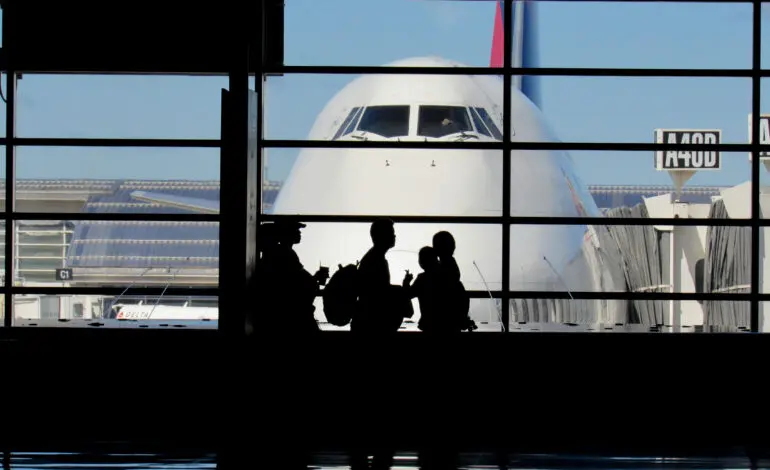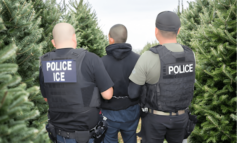A panel of appeals court judges ruled this week that the “terror watchlist” does not violate the constitutional rights of American citizens, even if they are not notified or allowed to defend themselves against the government’s underlying reason for adding their names to the list.
The legal news website Law & Crime reported that a three-judge panel at the U.S. Court of Appeals for the Fourth Circuit, all of whom were appointed by Republican presidents, unanimously ruled on Tuesday to overturn a lower district court decision around the issue. Michigan is not under the jurisdiction of Fourth Circuit, which has jurisdiction over the district of Maryland and districts in the Carolinas, Virginia and West Virginia.
The lower court had ruled that a group of 23 Muslim American citizens suffered a range of adverse consequences in violation of the Fifth Amendment right to due process once they were put on the list.
The terror watchlist is officially named the Terrorist Screening Database (TSDB), which most notably prevents people from air travel once they are suspected of being involved in terror plots or are believed to have connections with terrorist networks. The U.S. government has historically not given clear evidence of such activity to Muslim Americans put on the list and has denied due process for those wanting to challenge their placement.
In 2019, U.S. District Judge Anthony J. Trenga, an appointee of former President George W. Bush, ruled that the government’s justification for placing certain people on the watchlist was too vague and required more specific and concrete parameters.
In an opinion penned by a Reagan-appointed judge, the Fourth Circuit held that the being on the watchlist did not unlawfully burden the civil rights of those placed on the list, particularly in light of the government’s compelling interest in national security
Trenga also noted the intense scrutiny those on the list had to face at airports, the deep effects on their social and economic activity from that and the lack of opportunity for them to defend themselves against suspicions and allegations.
But that ruling is now overturned by the appeals court. In an opinion penned by J. Harvey Wilkinson III, an appointee of former President Reagan, the Fourth Circuit held that the consequences did not unlawfully burden the civil rights of those placed on the list, particularly in light of the government’s compelling interest in national security.
“What history suggests, precedent confirms: The right to travel is qualified, not absolute,” Wilkinson wrote. “Neither plaintiffs nor anyone else have a constitutionally protected interest in being able to travel domestically or internationally without incurring some burdens.”
The appeals court rejected the Muslim groups’ assertion that the “inconveniences” suffered by those listed on the TSDB deterred them from air travel and in many cases forced them to drive extremely long distances, saying that individuals do not have “a protected liberty interest” in using a particular mode of transportation.
Wilkinson also said that the plaintiffs in the original case do not possess a “protected liberty interest” in being free from screening and delays at the border and that none of them allege they were unable to cross an international border:
“The plaintiffs complain of extra delays ranging from a few minutes to 12 hours, with most being on the shorter end of that spectrum. Such delays are not atypical for travelers, particularly at busy ports of entry at land borders. Given the government’s broad power to control movement across the nation’s borders, the burdens experienced by plaintiffs are not infringements of ‘liberty’ within the meaning of the Due Process Clause.”






Leave a Reply